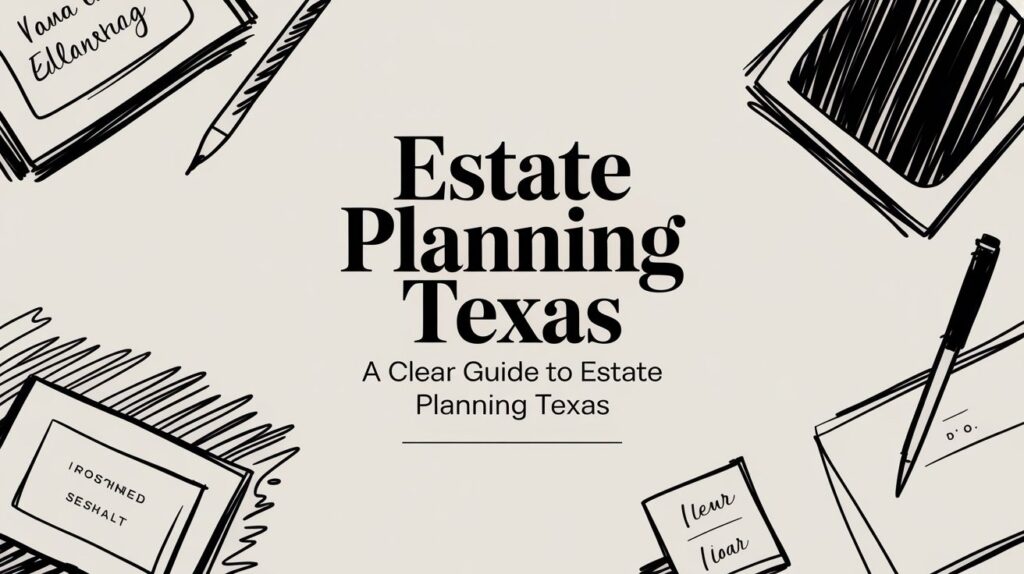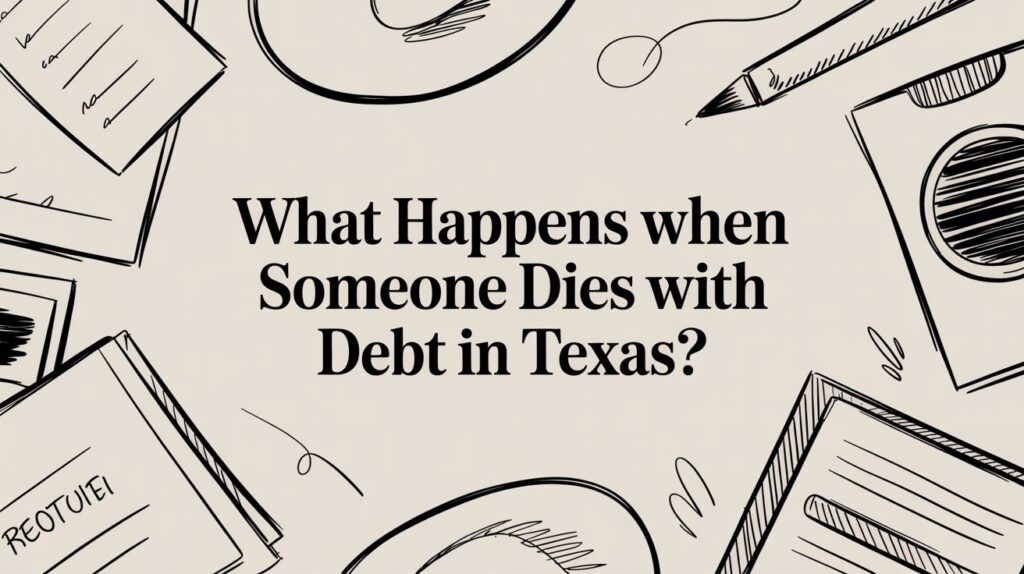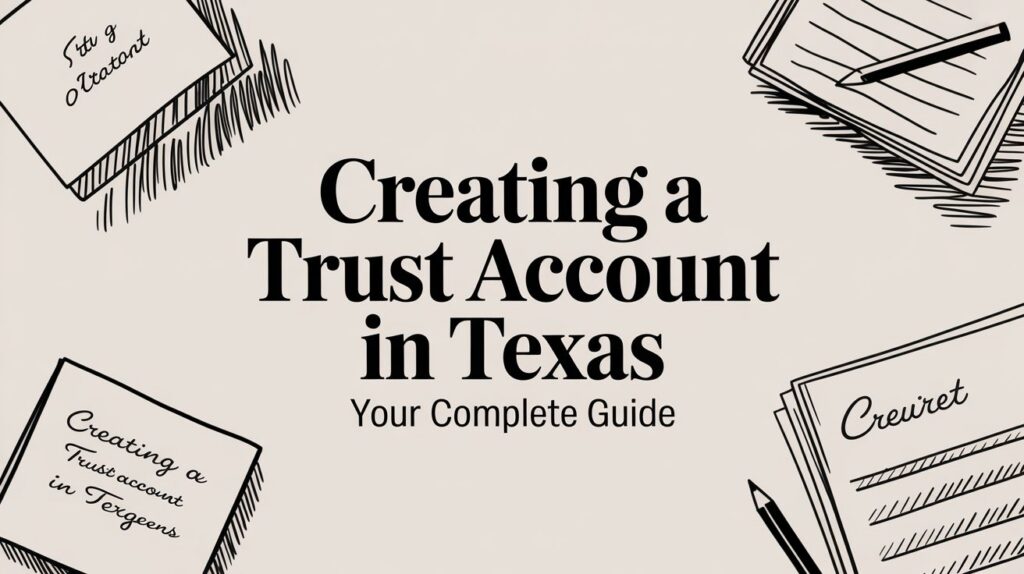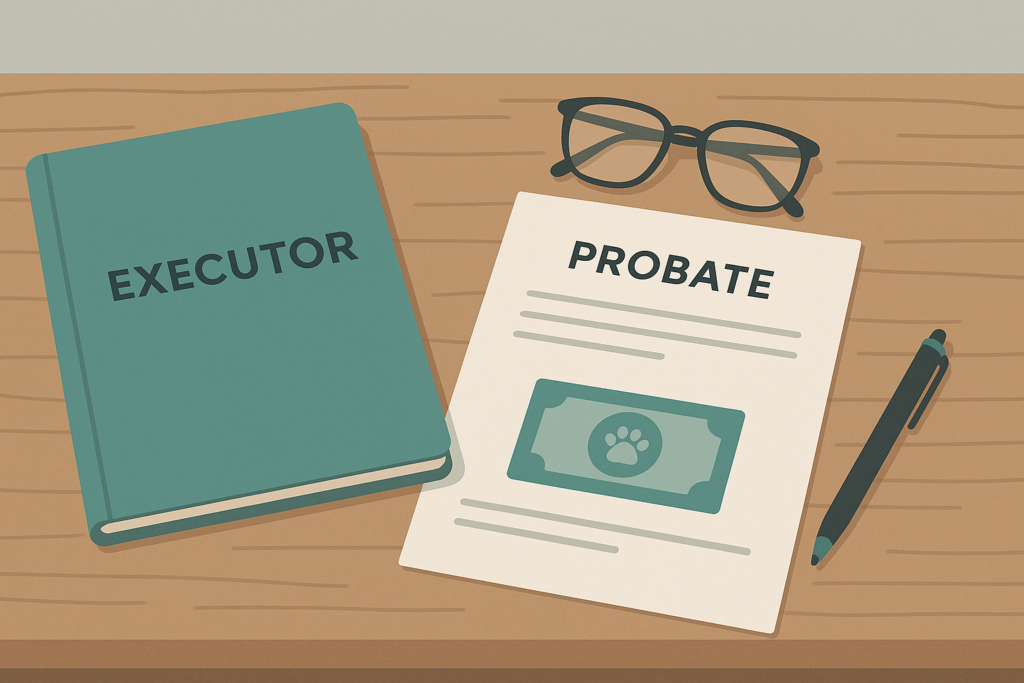When planning for the future, most people don’t think about legal documents or the inner workings of courtrooms. But once someone passes away—or is preparing their estate—it suddenly becomes very real. If you’re at that crossroad, you’ve likely asked yourself: Trust vs Probate Court: Which is right for you? The answer depends on your assets, family situation, privacy concerns, and even your state’s laws. The earlier you ask that question, the more options you’ll have for simplifying your estate.
In this detailed, beginner-friendly guide, we’ll walk you through the pros and cons of trusts vs probate court cases, unpacking how each works, when one may be better than the other, and what happens if you don’t plan at all. We’ll use real-world stories, break down legal concepts in plain English, and help you make sense of the most personal legal decision most people will ever face. The goal here is to equip you with real answers, not just legal jargon.
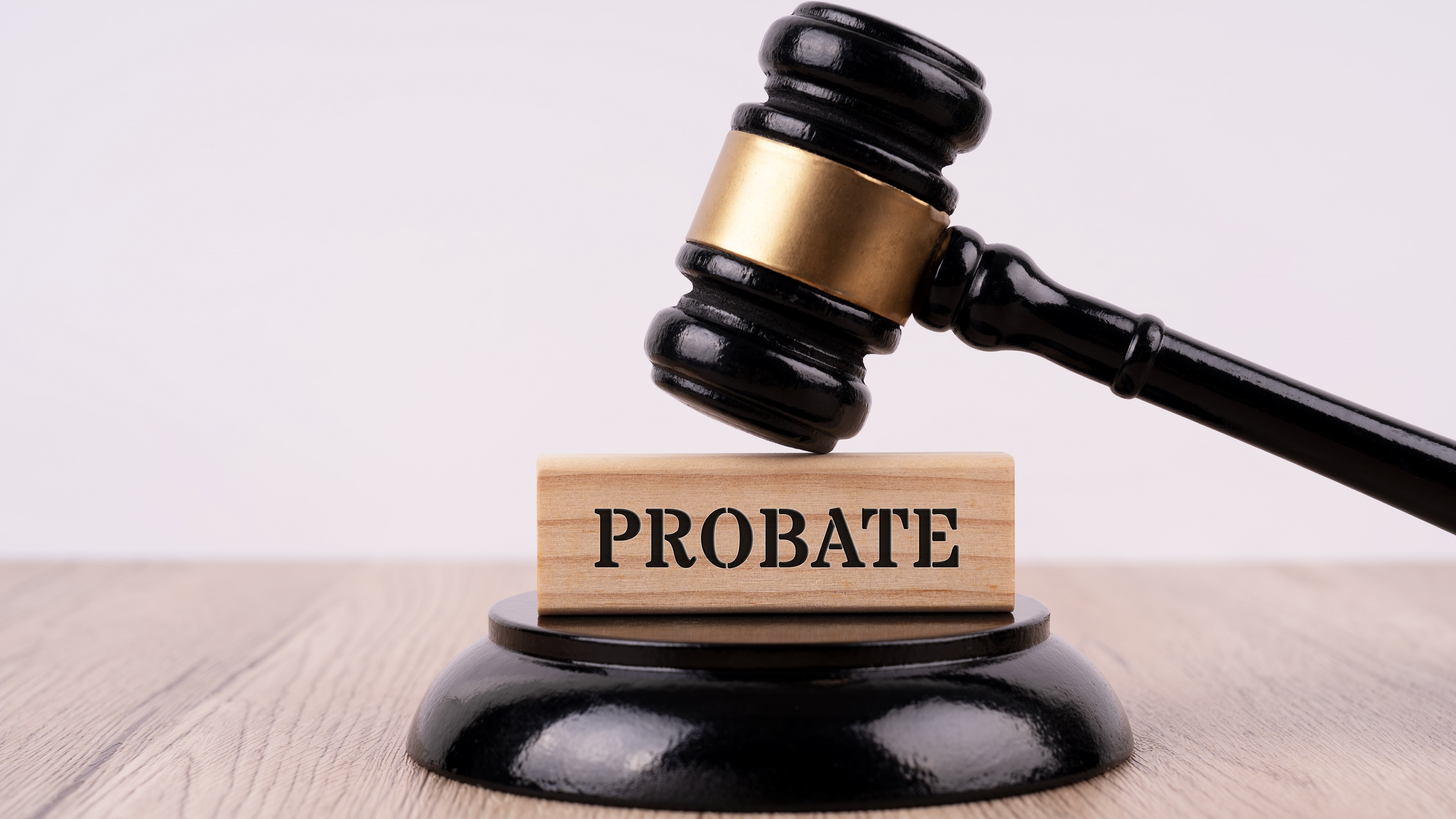
Understanding the Basics: What Is Probate Court?
Where Wills Go to Be Verified
Probate court is the legal process that kicks in after someone dies. If they had a will, probate court ensures the document is valid, identifies the rightful heirs, appoints an executor, and oversees the transfer of assets. If there was no will, the court uses state intestacy laws to decide who inherits what. This process is mandatory in most cases when estate planning hasn’t been completed through other legal tools.
Probate may involve:
- Validating the will
- Paying off debts and taxes
- Appointing a personal representative (executor)
- Distributing the remaining assets to beneficiaries
This process can be simple or drawn out depending on whether the estate is contested, how many assets there are, and how complicated the family dynamics might be. That’s why so many people ask, Trust vs Probate Court: Which is right for you? The answer often comes down to how much control and privacy you want. Probate can provide structure, but it may also invite delays and disputes.
What Is a Trust?
A Private, Flexible Alternative
A trust is a legal arrangement where one party (the trustee) manages assets on behalf of another (the beneficiary). The person who creates the trust (called the grantor or settlor) can control exactly how and when assets are distributed—during their lifetime and after they pass away.
The most common type of trust is a revocable living trust, which allows the grantor to manage their assets until death or incapacity. Upon death, the successor trustee takes over and distributes the assets without court involvement.
So when comparing trust vs probate court, the trust allows you to sidestep the courtroom altogether—making it a powerful planning tool if used correctly.
Real-Life Story: Probate Headache vs. Trust Smooth Sailing
When Mark passed away in San Antonio, he left behind a detailed will—but no trust. His adult children had to take the will through probate court, which took over a year. Meanwhile, property taxes were due, and the family couldn’t sell the house without court approval. Legal fees added up quickly, and tensions between siblings worsened as delays dragged on.
Contrast that with Lisa, who passed away a few months later. She had created a revocable living trust. Her trustee transferred property titles within weeks, paid outstanding bills, and distributed funds without ever setting foot in a courtroom. Her family avoided probate entirely—and with it, a lot of stress.
When asking Trust vs Probate Court: Which is right for you?, stories like these show how preparation can make all the difference.
Privacy Concerns: Court Records Are Public
Do You Want Everyone to Know What You Owned?
Probate court records are public documents. That means anyone—friends, ex-spouses, creditors, or curious neighbors—can view the details of your estate, including:
- Your assets and property values
- Who received what
- Outstanding debts
- Family disputes

Trusts, on the other hand, are private. Only the trustee and beneficiaries know what’s in them and how the assets are distributed. If you value discretion, privacy may tip the scales when choosing between trust vs probate court.
The Cost Factor: Is One More Expensive?
You Might Be Surprised by the Long-Term Costs
Many people assume a will is cheaper than a trust because it’s easier to draft. While a will may cost less upfront, it triggers probate—and that process often racks up fees including:
- Court filing fees
- Attorney fees
- Executor compensation
- Appraisal and accounting costs
In contrast, creating a trust may cost more initially—anywhere from $1,000 to $3,000 depending on complexity and attorney fees—but it avoids probate court altogether. That can save your estate thousands in the long run.
So when weighing trust vs probate court, it’s not just about how much you pay today—it’s about what your loved ones may have to pay (in money and time) after you’re gone.
Timeline: Speed vs. Delay
Probate Moves Slowly—Trusts Move Quickly
Probate can last anywhere from 6 months to 2 years, depending on how busy the court is and whether there are any disputes. During this time, heirs may have limited access to funds, which can cause financial strain.
By contrast, a trust takes effect immediately upon death or incapacity. The successor trustee can begin distributing assets quickly, paying debts, and managing property without waiting for a judge’s approval.
If your loved ones will need immediate access to resources—or you simply want to avoid red tape—this is another strong reason to choose trust over probate court.
Asset Types: What Goes Where?
Not All Assets Are Treated the Same
Certain assets pass outside of probate automatically, such as:
- Jointly owned property with right of survivorship
- Life insurance policies with named beneficiaries
- Retirement accounts (like IRAs and 401(k)s)
- Payable-on-death (POD) bank accounts

But anything titled solely in your name with no beneficiary? That’s likely headed to probate court unless it’s included in a trust.
So part of deciding between trust vs probate court involves reviewing your asset structure. Sometimes a combination of strategies—wills, trusts, and beneficiary designations—provides the best coverage.
Control: Trusts Let You Set the Rules
More Than Just Distributing Assets
One major advantage of a trust is the control it gives you. You can include terms that:
- Delay distributions until a beneficiary reaches a certain age
- Provide for children from a prior marriage
- Prevent heirs from squandering their inheritance
- Distribute funds gradually instead of in one lump sum
- Appoint someone to manage property for a disabled relative
In probate, the court must follow the will (or state laws if there’s no will). But with a trust, you design the blueprint—and the trustee carries it out.
So when you’re debating trust vs probate court, ask yourself: How much control do I want over what happens after I’m gone?
Probate Isn’t Always Bad
When It Might Be the Right Choice
While probate often gets a bad rap, it’s not always the villain. In some cases, especially with very small estates or minimal assets, probate can be a relatively quick and affordable way to distribute property.
Situations where probate may be appropriate:
- You have no significant real estate
- Your assets are modest and debts are minimal
- All heirs get along and agree on the estate plan
- You’re using a will and want court oversight for fairness

Sometimes, probate is exactly what’s needed to ensure everything is transparent and properly handled.
This is why it’s not always a one-size-fits-all situation. The trust vs probate court decision should be based on your unique financial and family circumstances.
Real-Life Scenario: No Planning Leads to Big Problems
Samantha, a 55-year-old in Corpus Christi, passed away suddenly without a will or trust. Her estate included a home, several bank accounts, and a small business. Because she left no estate plan, everything had to go through intestate probate.
Her children fought over who should be the administrator, who would inherit the business, and how to divide the property. The process took over 18 months and drained a huge portion of the estate in legal fees.
Had Samantha created a simple living trust, the family would’ve avoided the courtroom altogether. Her story is a hard lesson in what can happen when you delay making these critical decisions.
Final Thoughts: Trust vs Probate Court—Which Is Right for You?
So, what’s the verdict on trust vs probate court?
If you value privacy, speed, and control, a trust is likely the better option. It helps your family avoid the courtroom, cut down on costs, and distribute assets efficiently. But if your estate is small or you’re okay with court oversight, a will and probate may be sufficient—especially when paired with smart beneficiary designations.
The best estate plans often blend both approaches. You might have a trust for real estate and high-value assets, a will to cover anything left out, and clear POD or TOD designations for your bank accounts.
No matter what you choose, the most important thing is that you make a choice. Because when you don’t, the state makes it for you—and it may not be the one your family needs.



